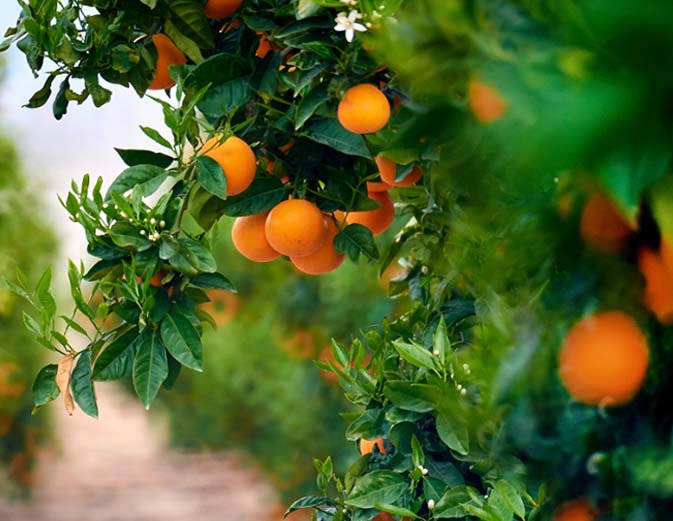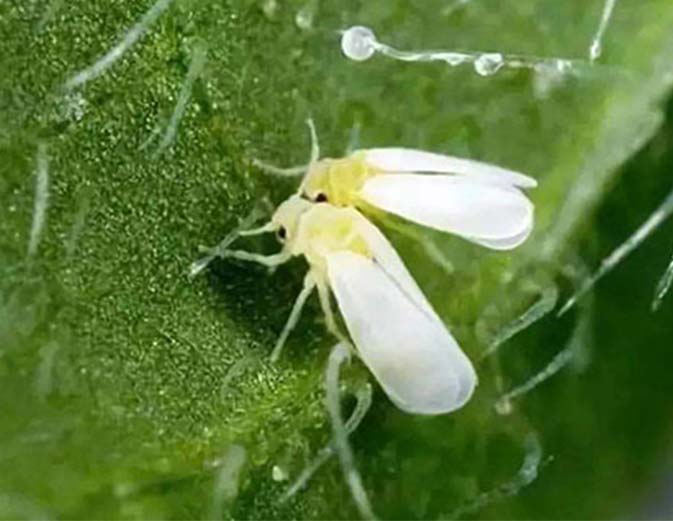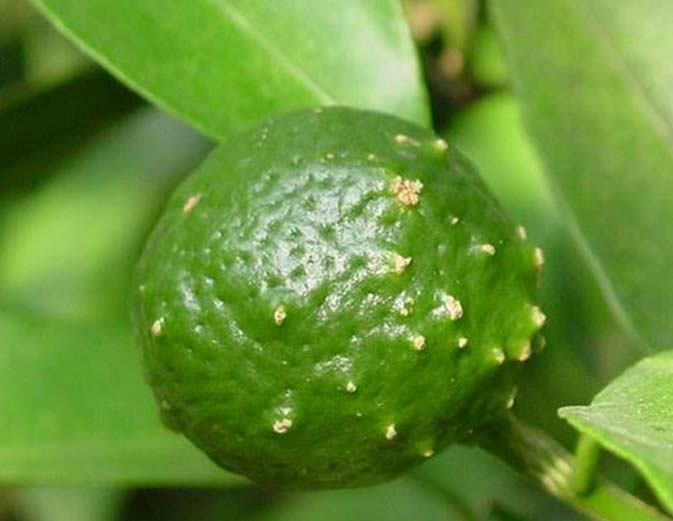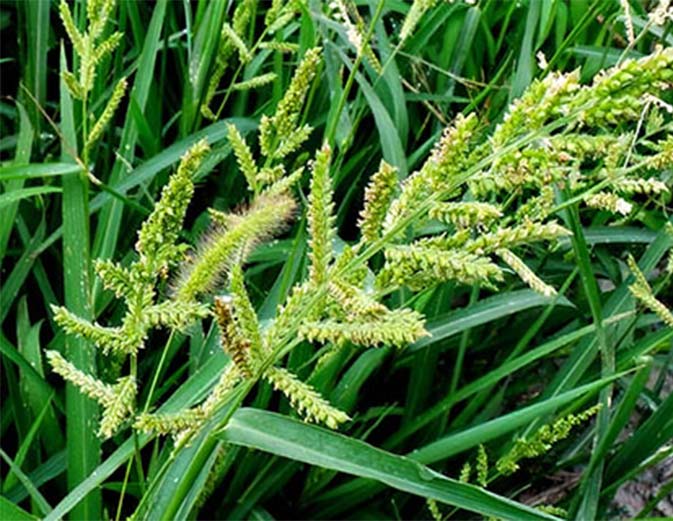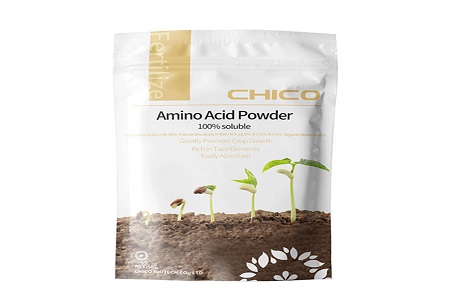
What Is Bio Fertilizer Liquid?
Bio Fertilizer Liquid is an emerging agricultural technology that not only helps improve crop yield and quality but also promotes sustainable agriculture.
Definition and Characteristics of Bio Fertilizer Liquid
Bio fertilizer liquids are liquid formulations containing active microorganisms or organic matter. These microorganisms can fix atmospheric nitrogen, dissolve phosphorus and potassium in the soil, or promote the absorption of nutrients by plants. Unlike traditional chemical fertilizers, bio fertilizer liquids improve soil fertility and plant health through the biological activity of microorganisms, achieving green and sustainable agricultural production.
Main Types of Bio Fertilizer Liquids
Nitrogen-fixing Bacteria Liquid Fertilizer: contains microorganisms that can convert atmospheric nitrogen into nitrogen compounds usable by plants, such as rhizobia and free-living nitrogen-fixing bacteria.
Phosphate-solubilizing Bacteria Liquid Fertilizer: contains microorganisms that can convert insoluble phosphorus in the soil into a form that can be absorbed by plants.
Potassium-solubilizing Bacteria Liquid Fertilizer: contains microorganisms that can convert insoluble potassium in the soil into a form that can be absorbed by plants.
Composite Microbial Liquid Fertilizer: contains multiple functional microorganisms that can provide various nutrients and promote plant growth.
Advantages of Using Bio Fertilizer Liquid
Increase Crop Yield and Quality
By improving the nutritional status and physiological state of plants, bio fertilizer liquids can significantly increase crop yield and quality. For example, applying bio fertilizer liquids containing nitrogen-fixing bacteria can increase the protein content of crops, thereby enhancing their nutritional value.
Reduce the Use of Chemical Fertilizers
Bio fertilizer liquids can improve the availability of nutrients in the soil and the nutrient use efficiency of plants, thereby reducing reliance on chemical fertilizers. This helps to lower agricultural production costs, reduce environmental pollution, and promote the development of ecological agriculture.
Improve Soil Health
Bio fertilizer liquids can increase the organic matter content in the soil, improve soil structure, and promote the diversity and activity of soil microorganisms, thereby enhancing soil fertility and health.
Enhance Disease and Stress Resistance
Some bio fertilizer liquids contain antagonistic microorganisms that can inhibit the growth of pathogens, thereby enhancing the disease resistance of plants. Additionally, bio fertilizer liquid can improve plants' tolerance to environmental stresses such as drought and salinity.
Application Cases of Bio Fertilizer Liquids
Rice Cultivation
In rice cultivation, applying bio fertilizer liquids containing nitrogen-fixing bacteria and phosphate-solubilizing bacteria can significantly increase the yield and quality of rice while reducing the use of chemical nitrogen and phosphorus fertilizers.
Fruit Tree Cultivation
In fruit tree cultivation, applying composite microbial liquid fertilizers can promote root development, increase the sugar and vitamin content of fruits, and improve the taste and nutritional value of the fruits.
Vegetable Cultivation
In vegetable cultivation, applying bio fertilizer liquids containing potassium-solubilizing bacteria can increase the potassium content of vegetables, enhance their disease and stress resistance, thereby improving the yield and quality of vegetables.
As a green and sustainable agricultural technology, bio fertilizer liquids have broad application prospects. With the deepening of scientific research and continuous innovation in technology, bio fertilizer liquids will undoubtedly play a more significant role in global agriculture.
In the future, the development and application of bio fertilizer liquids will focus more on the development of multifunctional composite microorganisms to meet the needs of different crops and environments. Moreover, the production technology and application techniques of bio fertilizer liquids will be continually optimized to improve their stability and effectiveness.

















